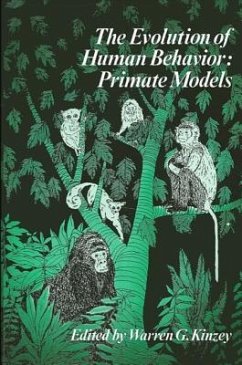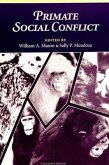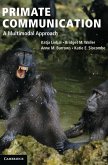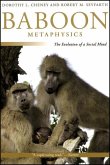This book represents an important meeting ground in the primatology field by exploring the various primate models that have been used in the reconstruction of early human behavior. While some models are based on the proposition that a key behavioral feature such as hunting, eating of seeds or monogamous mating led to the evolutionary separation of apes and humans, other models suggest that one primate species, such as the baboon or chimpanzee, best exemplifies the behavior of our early ancestors. Several contributors to the book take the position that no single primate is a good model and contend instead that a model must be eclectic. One of the more innovative essays suggests that ancestral behavioral states can, in fact, be derived by comparing the behavior of all living hominid (ape and human) species. Additionally, several other contributors analyze and discuss the concept of model-making, noting deficiencies in earlier models while offering suggestions for future development. Although it is true that a powerful conceptual model for reconstructing hominid behavior does not yet exist, The Evolution of Human Behavior: Primate Models suggests ways one may be constructed based on behavioral ecology and evolutionary theory.








